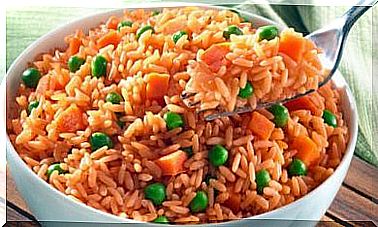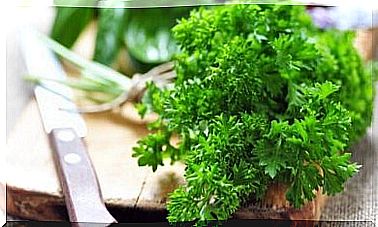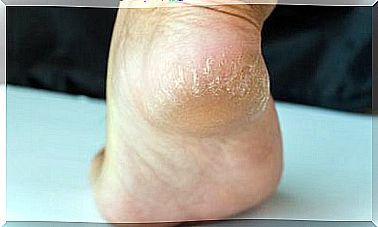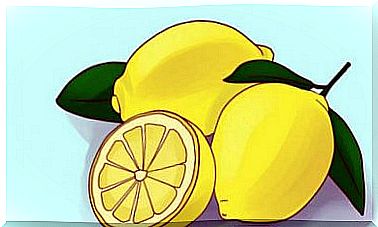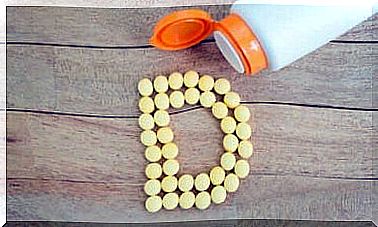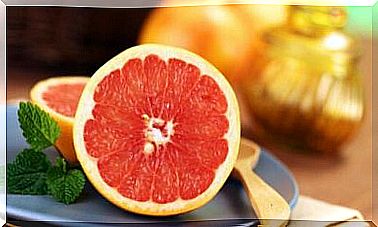7 Iodine-rich Foods To Add To The Diet
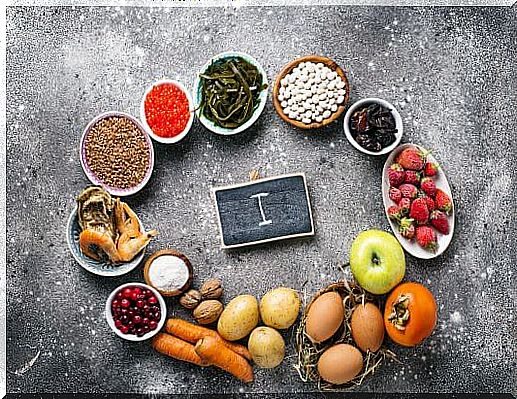
Iodine is a fundamental micromineral in the synthesis of thyroid hormones, essential in the body’s regulation. Changes in its levels can cause hyperthyroidism or hypothyroidism, which produces disturbances in basal metabolism. Do you know the iodine rich foods you should include in your diet?
Although the daily amount of iodine needed is very small, it almost doubles during pregnancy and lactation, and lack of it can have serious consequences for the baby. Fortunately, there are many foods rich in iodine. In this article we will mention the 7 best ones for you to incorporate into your diet.
Why is iodine consumption important?
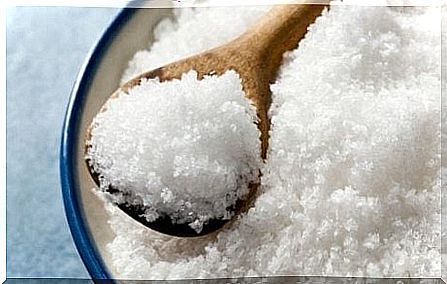
It is important to keep in mind that iodine is essential for the development of hormones in the body, and its deficiency in pregnancy can affect the baby’s development. Also, problems like goiter, an enlarged thyroid gland, are caused by a lack of iodine in food, among other things.
Recommendations on Iodine Consumption
The best way to meet daily essential vitamin requirements is to eat a balanced diet that contains a variety of foods. The Institute of Medicine’s Committee on Nutrition and Food recommends the following dietary intakes for iodine:
Babies:
- From 0 to 6 months: 110 micrograms per day (mcg/day)
- From 7 to 12 months: 130 (mcg/day)
Kids:
- From 1 to 8 years: 90 mcg/day
- From 9 to 13 years old: 120 mcg/day
Teenagers and adults:
- Men from 14 years old: 150 mcg/day
- Women over 14 years old: 150 mcg/day
- Pregnant women of all ages: 220 mcg/day
- Lactating women of all ages: 290 mcg/day
Specific recommendations depend on age, gender and other factors such as pregnancy. Consult with your doctor what should be the best amount of consumption in your case, according to your needs.
7 Foods rich in iodine
1. Iodized salt
Although not exactly a food, it is the richest condiment with iodine: 1900 mcg per 100 grams. Despite being so high, the truth is that its consumption is quite low, although its taste is the same as common salt and is more beneficial to our health.
To consume it, simply switch from using regular salt to iodized salt and use it to flavor any dish. But always in moderation.
2. Seaweed
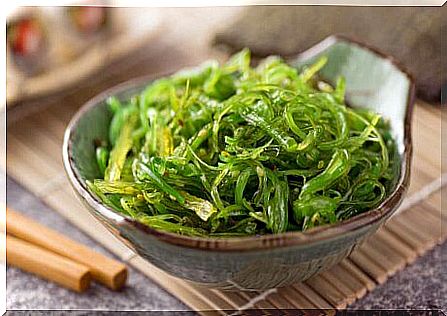
In the sea we can find a lot of algae with high iodine content: help, wire, hiziki, wakame and jambu . Seaweed, for example, contains four times more than what you need to consume daily, and a wire spoon has 730 micrograms of iodine.
So, one must be careful, because thyroid problems can also appear due to excessive consumption of iodine . As algae are not very common in our recipes, you can use them to crown soups or salads and thus bring health and flavor to your dishes.
3. Blueberries
This antioxidant-rich forest fruit is also an inexhaustible source of iodine. With just 11 grams of blueberries, we can ingest 400 mcg of iodine. In addition, it has a low caloric value due to its low carbohydrate intake. It is rich in vitamin C, a source of fiber, improves intestinal transit and contains potassium, iron and calcium.
But what really characterizes blueberries is the abundance of natural antioxidant pigments. In addition, reds are a great ally in helping to fight recurrent urinary infections, according to the Spanish Society of Gynecology and Obstetrics (SEGO), increasing the body’s diuretic capacity.
4. Fresh fish
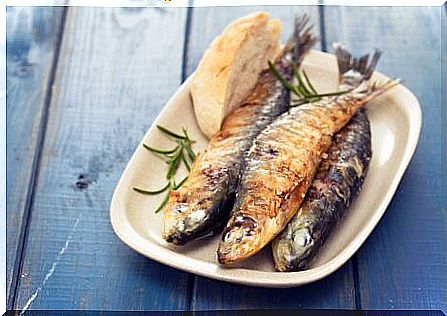
Of all the fish, cod stands out as one of the foods with the highest iodine content: 170 mcg per 100 g. In addition, its meat is rich in vitamins B1, B2, B6 and B9, which allow the use of energy nutrients (carbohydrates, fats and proteins).
On the other hand, 150 grams of mackerel provide us with only 208 calories and many benefits for our health. Among them, 255 mcg of iodine. Like other blue sins, it is rich in omega 3 fatty acids, which contribute to lower blood cholesterol and triglyceride levels and to take care of our cardiovascular health.
Tuna is one of the most common blue fish in our kitchen and also has an important supply of iodine: 50 mcg per 100 g. Behind are sardines and hake, with slightly lower levels, around 30 mcg per 100 g.
5. The mussel
This shellfish is considered a gastronomic gem, as it is low in calories, but contains many nutritional properties, such as vitamins, amino acids and minerals, which are very beneficial to health. Among its minerals, its high iodine content; just 100 grams of this shellfish provide 130 mcg of iodine.
6. The chicken
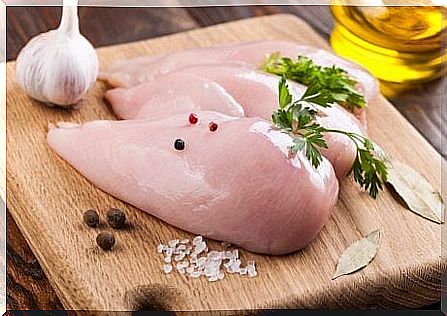
Among the meats, chicken is one of the foods rich in iodine that stand out: 7 mcg per 100g. Especially considering that the biggest sources of this mineral come from fish and shellfish.
7. Shrimp and seafood
Rich in protein and vitamins, seafood is also an excellent source to get the iodine that our body needs so much. For example, one of the most recommended is shrimp, capable of providing 35 mcg in less than 100 grams.
